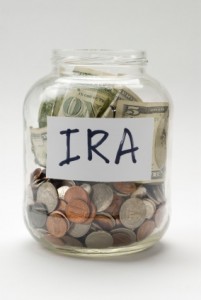As a parent with a child graduating high school this spring and heading to college in the fall, or if they are already on campus, the thought of them managing their own finances may make you cringe or fill you with anxiety. You want to help them make smart decisions. However, you know you have to let them have some independence when it comes to the finances in order for them to learn.

Do you have a child heading to college in the fall? Make sure they are prepared to handle their own finances be for you drop them off at campus!
In order to help, Northeast Security Bank has come up with 7 financial tips that you should share with your college-aged child:
- Easy on the credit- extra credit in class is good, but not so much for credit cards. It’s not free money. Start with a $1,000-limit card that comes with points or rewards and be sure to pay the balance every month.
- Budget- it’s not just something you read about in business class. Your budget doesn’t have to be detailed, it just needs to show how much you receive and need to spend.
- Free Stuff!– students love free stuff, so take advantage of campus meal plans instead of eating out. It’s far less expensive.
- Downsize your textbook bill- yes, the bookstore is on campus, but they often mark up their textbook prices. Search for books on Amazon or eBay.
- Student loans = last resort- explore all other options to borrow less and decrease the amount of debt you leave school with.
- Be a social butterfly- 70 percent of jobs these days are found through personal relationships. Make friends, find a mentor and give yourself options now while it’s easy.
- The $50 rule- if it costs more than $50, ask yourself if you really need it. This can save you from making unnecessary and costly purchases.
College is a great time meant for learning, meeting new groups of people and having fun. Becoming responsible with money is just another skill your child will need to have once they have their diploma, so be sure to share these tips with them.
If you have any other questions as to how Northeast Security Bank can help your child financially while in school, feel free to contact any of our locations today!









